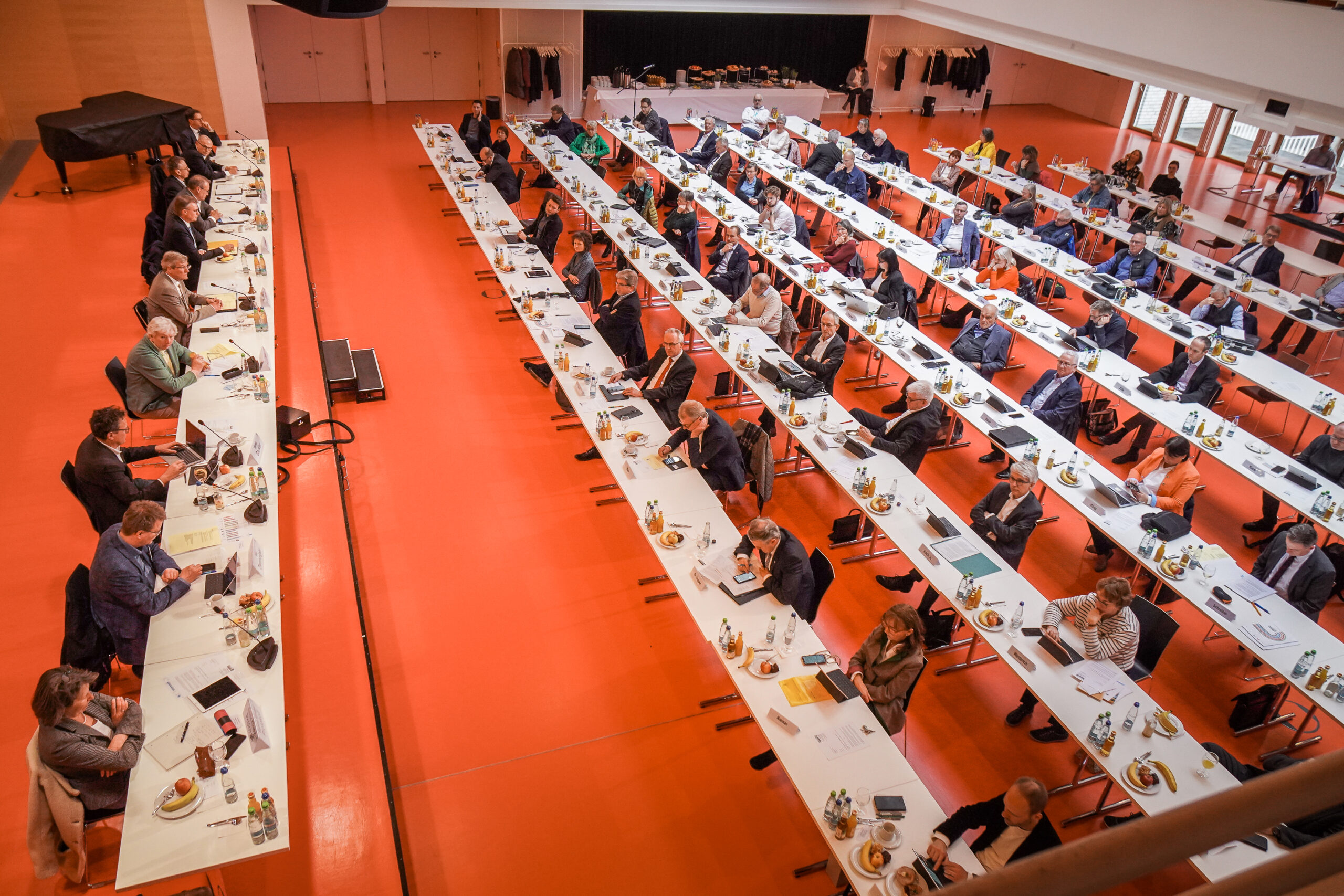An in-depth analysis of metropolitan governance systems examined the role and autonomy of local governments and metropolitan areas (MAs) in the political system, their influence on central government, and the significance of metropolitan issues in national agendas. It also reviewed metropolitan governance structures and characteristics, highlighting variations among countries and regions, and summarized key observations on existing cooperation forms and areas of intervention. This analysis was conducted by the University of Silesia in Katowice (Poland) as part of the MECOG-CE project.
The study discusses MECOG-CE project partners’ metropolitan governance systems in Central Europe (CE), emphasizing the diversity of metropolitan structures in terms of assigned tasks or strengths of metropolitan cooperation and the needs to learn from the successes and failures of others to implement effective solutions.
Level of autonomy of municipalities and strength of municipal leadership at local and national level
In the examined countries, municipalities are characterized by a relatively high level of autonomy in terms of competencies, managing local taxes and resources from central or regional authorities. Municipalities have a real impact on living conditions and meet the needs of residents defined at the local level. Despite strong local leadership, usually through directly elected mayors, municipal authorities lack significant influence at the central government level, except in Czechia, where indirectly elected mayors can be elected as members of parliament.
Metropolitan empowerment as a part of the national political agenda
In Germany and Italy, the metropolitan phenomenon was recognized earlier, and metropolitan leadership is more empowered compared to post-communist countries like Poland and Czechia, where centralization prevailed, and metropolitan issues only gained attention in the late 2000s.
Italian and German MAs have stronger institutional frameworks, including proper competencies or budgets, and political recognition, while Polish (except the GZM Metropolis) and Czech MAs lack adequate frameworks and rely on bottom-up cooperation such as metropolitan conferences, agreements, and associations. Nevertheless, the level of empowerment of MAs often varies within a single country, e. g. in Poland or Germany. The cooperation in Polish and Czech MAs has been strengthening through Integrated Territorial Investments (ITI), ensuring the possibility of financing joint metropolitan projects.
Regardless of differences in metropolitan empowerment, MAs in Central Europe are generally less empowered than municipalities, lacking formal presence in state or central government bodies.
Metropolitan governance system – structure and interactions
Understanding metropolitan governance systems in Central Europe requires considering territorial cooperation and participation in partnerships and networks. Italian and German metropolitan areas benefit from complex governance systems with interconnected partnerships, reflecting extended shared knowledge, higher engagement of residents and trust.
The closer analysis reveals that dynamic metropolitan governance also exists in less institutionalized metropolitan areas in Poland and Czechia, where the less advanced stage of institutionalization can be related to the unreadiness of self-government units that recently regained autonomy to transfer their competencies to the metropolitan level as well as to the unwillingness of the regional and national level to support metropolitan cooperation actively.
Metropolitan cooperation forms and structures
The study identifies three distinct forms of metropolitan cooperation and dialogue in CE: highly formalised structures functioning under national regulations, associations and agreements with formerly established institutions which are also legally binding but less formalised, and informal structures overlapping the former two.
The formation of the metropolitan cooperation and dialogue usually takes place in two ways which can also be combined. Either gradually through bottom-up approach, potentially leading to formalisation, or through crucial decisions, often accompanied by changes in national law, which entails receiving a political and financial support.
Metropolitan domains of intervention
The study identifies three key metropolitan issues: metropolitan mobility systems, spatial planning, and regional development, while recognizing the importance of other domains.
The form of institutionalization differentiates how metropolitan structures engage. MAs with laws defining metropolitan tasks and competences, such as the GZM Metropolis, Stuttgart Region, and the Metropolitan City of Turin, engage in complex activities. Conversely, MAs like Brno, Ostrava, and Warsaw focus mainly on coordinating ITI projects, resulting in many spheres of action. Berlin-Brandenburg metropolitan structures stand out for mediating between municipal and state levels.
Accessible Resources and Further Information
In conclusion, the MECOG-CE comprehensive study on metropolitan governance systems provides valuable insights for enhancing metropolitan cooperation and governance in Central Europe. Furthermore, it provides necessary context for the exploration of best practices and tools in partner metropolitan areas.
For those interested in delving deeper into the specifics of these metropolitan governance systems, the comprehensive report is available on the project’s website. The executive summary of these systems in each MA can be found on the project’s website and under the QR code below this article as well. Additionally, a storymap featuring the governance systems and 17 selected best practices for further examination provides an interactive way to explore successful examples of metropolitan cooperation and governance.
The study on metropolitan governance systems is a part of the outcome “Report on metropolitan governance systems and existing tools/best practices at partner MAs for enhancing metropolitan cooperation”, which was created by the WP 1 co-leader University of Silesia in Katowice with the contribution of metropolitan project partners (City of Brno, City of Ostrava, City of Warsaw, GZM Metropolis, Stuttgart Region Association, Joint Spatial Planning Department Berlin Brandenburg, Metropolitan City of Turin).
Authors: Robert Pyka, Krzysztof Bierwiaczonek, Zuzanna Neuve-Église, Małgorzata Suchacka,
University of Silesia in Katowice, Faculty of Social Sciences, Institute of Sociology, Observatory on Urban and Metropolitan Processes

